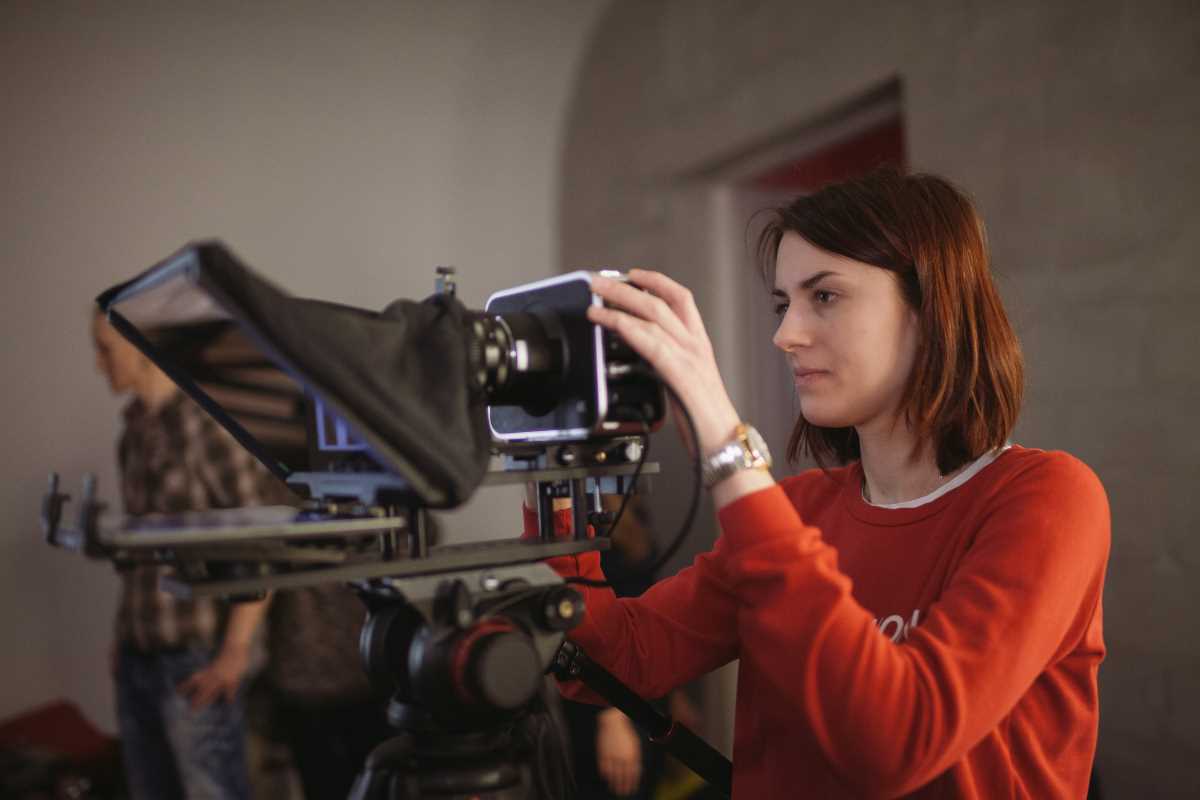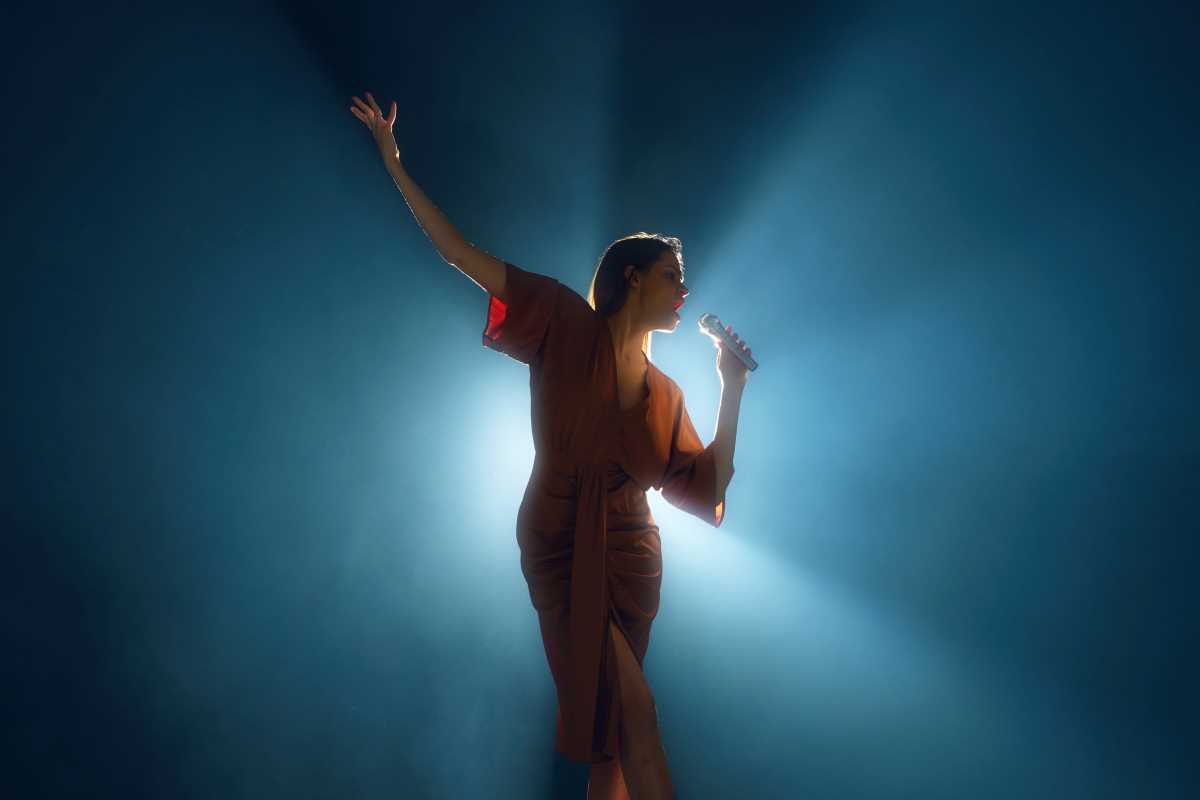For decades, the film industry has been dominated by male directors, but women are now stepping up, breaking barriers, and making their voices heard. These brilliant directors are creating exceptional movies, reshaping how stories are told, and opening doors for others. Whether it’s by telling bold, original stories or tackling social issues in groundbreaking ways, these women are redefining what it means to be a filmmaker. Here’s a closer look at some female directors who are changing the game and leaving an indelible mark on Hollywood and beyond.
Greta Gerwig
If you’ve been to the movies recently, chances are you’ve heard Greta Gerwig’s name. She made a splash with Lady Bird (2017), a coming-of-age tale that felt both deeply personal and universally relatable. The movie earned her an Oscar nomination for Best Director, and it cemented her as a filmmaker with a unique voice.
Gerwig’s next major triumph came with her adaptation of Little Women (2019), where she took a beloved classic and gave it a fresh, modern energy. By playing with the timeline and centering the narrative on themes of independence and ambition, she turned the familiar story into something that felt brand new.
Gerwig’s ability to tell stories about women with wit and authenticity is rare and refreshing. Her movies blend humor, heart, and humanity, resonating with audiences of all backgrounds. Most recently, Gerwig brought the world’s most famous doll to life in Barbie (2023), a film that mixed sharp satire with vibrant visuals, showing she’s a master of versatility.
Chloé Zhao
Chloé Zhao might not be a household name for everyone, but her impact on the film industry is undeniable. Zhao made history as the first woman of color to win the Academy Award for Best Director with her film Nomadland (2020). The movie, starring Frances McDormand, explores themes of loss, resilience, and freedom as it follows a woman living life on the road.
What sets Zhao apart is her realistic and poetic storytelling. She often uses non-professional actors and real locations, giving her films an almost documentary-like feel. This style first caught attention with The Rider (2017), which told the story of a cowboy coming to terms with life after an injury.
Zhao has also ventured into big-budget territory with Marvel’s Eternals (2021), making her one of the few directors to successfully bridge indie and blockbuster filmmaking. With her thoughtful approach to storytelling, she’s paving the way for more diversity in cinema.
Ava DuVernay
Ava DuVernay is a filmmaker and a movement. Known for tackling stories about race, justice, and inequality, DuVernay’s work doesn’t shy away from hard truths. Her powerful film Selma (2014) brought the civil rights struggle to life, focusing on Dr. Martin Luther King Jr.’s fight to secure voting rights for Black Americans.
DuVernay also made waves in television with When They See Us (2019), a Netflix miniseries about the Central Park Five. Her work is a call to action, sparking important conversations about systemic racism and social change.
Beyond her films, DuVernay is dedicated to creating opportunities for others. She founded ARRAY, a distribution company focused on amplifying marginalized voices. Her commitment to equity in front of and behind the camera is transforming how the industry operates.
Céline Sciamma
French director Céline Sciamma crafts films that feel like poetry on screen. Best known for her masterpiece Portrait of a Lady on Fire (2019), Sciamma tells stories with emotional depth and stunning visual beauty. The movie explores forbidden love between two women in the 18th century, and its slow-burning romance captivated audiences worldwide.
Sciamma’s work often centers on themes of identity and relationships. Her earlier film, Tomboy (2011), sensitively portrays a child exploring their gender identity, while Girlhood (2014) explores the lives of young women of color in the Parisian suburbs.
With her quiet but deeply impactful storytelling, Sciamma proves that films don’t need action or big effects to be powerful. She focuses on the small details of human connection, creating stories that stay with you long after the credits roll.
Nia DaCosta
Nia DaCosta has quickly become one of the most exciting directors working today. She gained attention with Little Woods (2018), a gritty drama about two sisters navigating life on the edge of poverty and the law. But it was her work on Candyman (2021), a spiritual sequel to the 1992 horror classic, that put her on the map in a big way.
With Candyman, DaCosta managed to honor the original while reimagining it for a modern audience. The film tackled themes of gentrification, systemic racism, and generational trauma, all while delivering scares that horror fans loved.
DaCosta is also making history as the youngest director to helm a Marvel film with The Marvels (2023). Her ability to balance meaningful themes with genre entertainment shows she’s a filmmaker who can do it all.
Lulu Wang
Lulu Wang’s 2019 film The Farewell was a game-changer. Based on her own experiences, the movie tells the story of a Chinese-American woman who returns to China when her grandmother is diagnosed with a terminal illness. The family chooses not to tell the grandmother about her diagnosis, and the film explores the cultural differences between East and West with humor and sensitivity.
What makes Wang’s work stand out is her ability to blend deeply personal stories with universal emotions. The Farewell earned critical acclaim and made audiences laugh, cry, and think about family in new ways.
Wang's knack for handling emotional complexity with a light touch makes her one of the most promising directors of her generation. She’s opening doors for more Asian-American stories to be told on a global stage.
The film industry is undergoing an exciting transformation, thanks in large part to these breakthrough female directors. They are not only redefining the kinds of stories that get told but also challenging outdated ideas about who gets to tell them. From Greta Gerwig’s heartfelt narratives to Ava DuVernay’s social activism on screen, these directors show us that cinema can be bold, inclusive, and thought-provoking.







